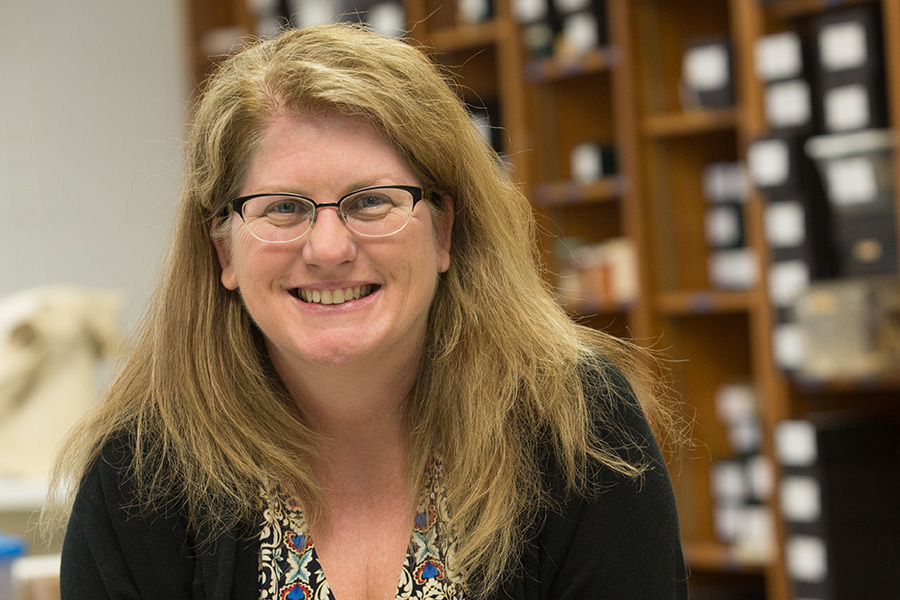
A Florida State University anthropologist has received a grant from the National Park Service to investigate a site that may hold clues to a 17th-century revolt by the Apalachee Indians against Spanish missionaries.
Associate Professor of Anthropology Tanya Peres received $207,000 to conduct field work in Northeast Florida on a property where artifacts consistent with Spanish missions of the 1600s were unearthed.
“I’m interested in the site for a number of reasons because it is this site that had long-term repercussions for the Apalachee,” Peres said.
A Tallahassee resident initially came across the artifacts on his property and ultimately reached out to FSU’s Department of Anthropology. That’s where he met Peres.
Peres, who is an expert on the southeastern United States, has excavated parts of Mission San Luis, a historical site that was once a Spanish mission where both Spanish and Apalachee Indians resided.
Peres and her graduate students have already conducted some remote sensing of the property, but the new grant will allow Peres to start excavating the land and support graduate students aiding in the work.
The Apalachee revolted against the Spanish in 1647, but archaeologists have never been able to pinpoint the exact location of the revolt. Researchers believe it could be this location.
Additionally, existing research on the revolt suggests it was an unexpected ambush on the community that was busy celebrating the feast of San Antonio. If so, the site may have preserved information about the day-to-day activities at the site.
The grant is provided by the American Battlefield Protection Program in the National Park Service.
Because of COVID-19, initial plans to begin excavations have been delayed. However, a small crew of students did conduct limited work on the site over a five-week period in January and plan to return to the site during the Summer 2021 semester.




